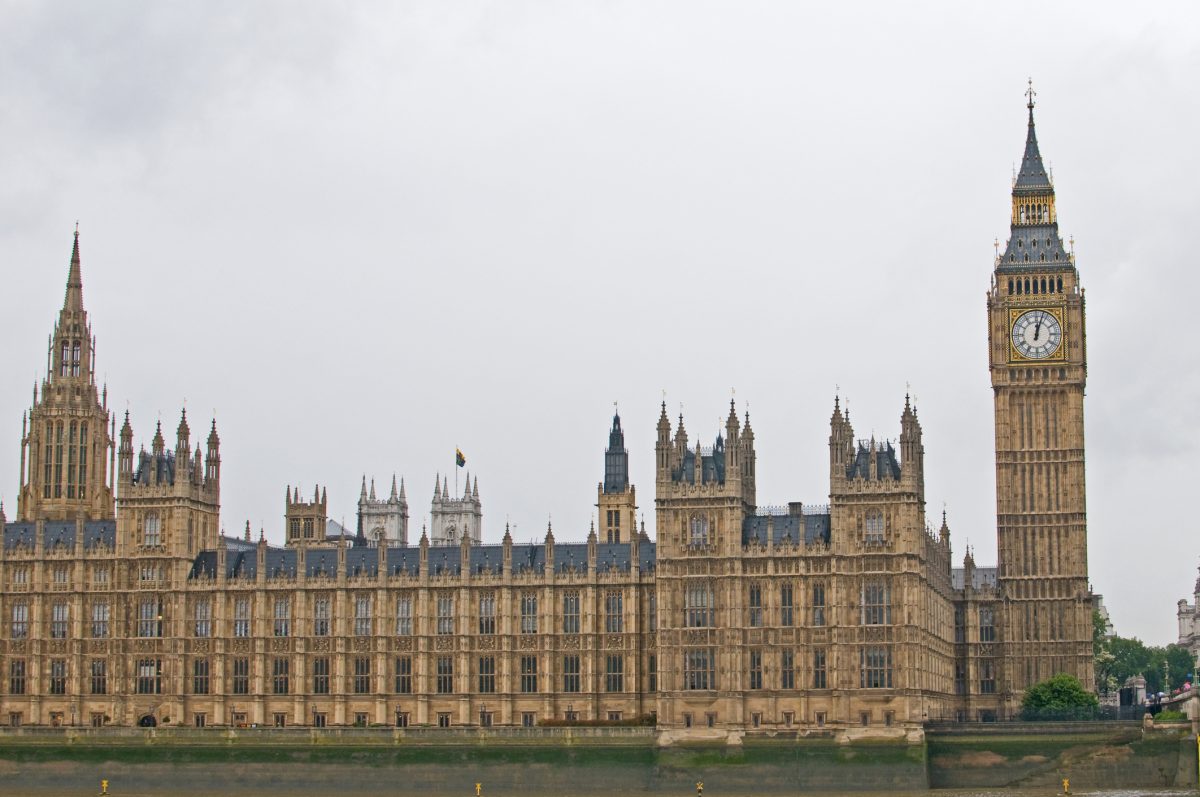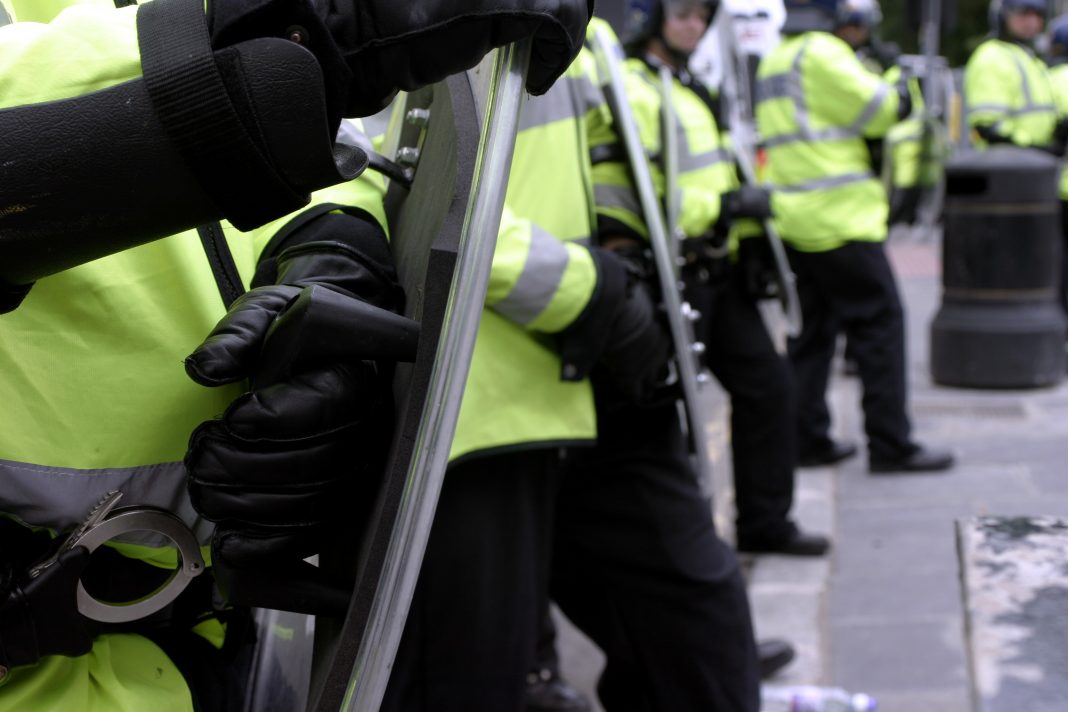With quiet changes to the Public Order Act, the UK government is seeking to grant more power to the police to impose restrictions on or prohibit protests which cause disturbance which is ‘anything more than minor’
The Public Order Act 2003 was quietly (in the sense that its existence could not be discerned via mainstream media) ushered in, in time for the Coronation on 6 May 2023, a day on which 52 arrests were made over “concerns people were going to disrupt the event”.
The Met have since expressed “regret” over arresting members of campaign group Republic, who had been liaising with police Protest Liaison Team officers ahead of the event, and have since closed their cases with ‘no further action’.
The government, apparently driven by a righteous calling to curtail the actions of climate change protesters, was nevertheless unsuccessful in pushing through some of its particularly draconian measures during the passage of the bill.
However, on 27 April, the Home Office laid before Parliament the draft Public Order Act 1986 (Serious Disruption to the Life of the Community) Regulations 2023.
Changing the definition of ‘serious disruption’
Using powers inserted in the Public Order Act 1986 by the Police, Crime, Sentencing and Courts Act 2022, this instrument would change the definition of ‘serious disruption’ to allow police to impose restrictions on or prohibit protests which cause ‘anything more than minor’ hindrance to the day-to-day activities of others, and would allow police to take into consideration the cumulative impact of repeated protests – amendments that were rejected by Parliament during the passage of the Public Order Bill.
As the Secondary Legislation Scrutiny Committee [SLSC] observes, the Home Office has not provided any fresh arguments for the approval of these changes, this time in the form of secondary legislation, and so soon after they were rejected in primary legislation.
Nor does the Explanatory Memorandum to the Regulations mention the fact that the measures were defeated during Parliamentary debate on the Public Order Bill, something it “should acknowledge and address”.

The SLSC’s criticism of the consultation process as containing “weaknesses” is a masterclass in understatement. Only groups likely to support the measures were asked to comment: the National Police Chiefs Council, the Police and Crime Commissioners of the police forces whose areas include the M25, and National Highways.
The failure to consult more widely on a high-profile and “controversial” issue with “a wide range of interested parties” was a contravention of the Government’s own Consultation Principles.
Using ‘Henry VIII’ powers to amend primary legislation
The Home Office’s response to this criticism was that a similar provision had already been debated during the House of Lords Report Stage of the Public Order Act 2023. Yet this is no substitute for an in-depth consultation at policy formation stage and, in any case, the outcome of the Lords’ debate was that the measures were rejected.
This latest move of the Public Order Act by a Home Office seemingly intent on all but extinguishing the right to peaceful protest is controversial in form as well as substance. This is the first time a government has used so-called ‘Henry VIII’ powers to amend primary legislation by reintroducing measures which have been recently rejected by Parliament.
In fact, the draft regulations were laid before the Bill had even completed its passage through Parliament, an audacious challenge to our constitutional ordering which places Parliament as the supreme legal authority in the UK.
However, on secondary legislation, unlike primary legislation, the Lords has a power of veto.
A vote will take place in the House of Lords on 13th June, 2023
The 1911 and 1949 Parliament Acts, which establish the ultimate supremacy of the Commons, do not apply to secondary legislation.
Green Party Baroness Jenny Jones has tabled such a ‘fatal motion’ in an attempt to kill off the passage of the regulations and oblige the government to re-start the legislative process for the Public Order Act. A vote will take place in the House of Lords on 13th June.
A brief history of the House of Lords
This extremely rare move carries its own constitutional risks, or at least poses a risk to the Lords itself. Last time a ‘fatal motion’ was tabled, in 2015, when the Lords refused to agree to a statutory instrument that would have cut tax credit payments to hundreds and thousands of people, David Cameron’s government commissioned a review of the Lords’ powers.
Whilst the proposed reforms were not pursued under successor Theresa May, in favour of relying on the “discipline and self-regulation that [the Lords] imposes on itself”, the position was to be kept under review, and possible action taken should the primacy of the Commons be “further threatened”.
This will surely give the government additional leverage when it comes to the vote.
Recent years have seen an increase in legislating to hand Ministers powers to make decisions with minimal parliamentary scrutiny.
This latest move to use broad prerogative powers to side-step a recent decision of Parliament to reject amendments to primary legislation, in order to introduce draconian restrictions on our freedoms, should cause us great concern.
References
- https://news.met.police.uk/news/update-arrests-made-during-policing-operation-for-the-coronation-466461#:~:text=As%20part%20of%20the%20policing,to%20cause%20a%20public%20nuisance.
- https://news.met.police.uk/news/update-arrests-made-during-policing-operation-for-the-coronation-466461#:~:text=As%20part%20of%20the%20policing,to%20cause%20a%20public%20nuisance.
- https://www.gov.uk/government/publications/public-order-bill-overarching-documents/public-order-bill-factsheet
- https://committees.parliament.uk/publications/39905/documents/194510/default/, p.4
- https://www.legislation.gov.uk/ukdsi/2023/9780348247626/pdfs/ukdsiem_9780348247626_en.pdf
- https://committees.parliament.uk/publications/39905/documents/194510/default/, p.4
- https://committees.parliament.uk/publications/39905/documents/194510/default/, p.4
- https://committees.parliament.uk/publications/39905/documents/194510/default/ , p.6
- https://committees.parliament.uk/publications/39905/documents/194510/default/ , p.4
- https://committees.parliament.uk/publications/39905/documents/194510/default/ , p.6
- https://greenworld.org.uk/article/baroness-jenny-jones-tables-fatal-motion-against-public-order-bill
- https://hansard.parliament.uk/Lords/2016-11-17/debates/525458E8-27FB-43B4-A8FC-CEF7E526B4C4/StrathclydeReview#contribution-2C0E9030-E6F0-43B8-9C1F-FCE7D1DAE506
- https://questions-statements.parliament.uk/written-statements/detail/2016-12-01/HCWS304
This piece was written and provided by Zoë Chapman, Red Lion Barristers.











